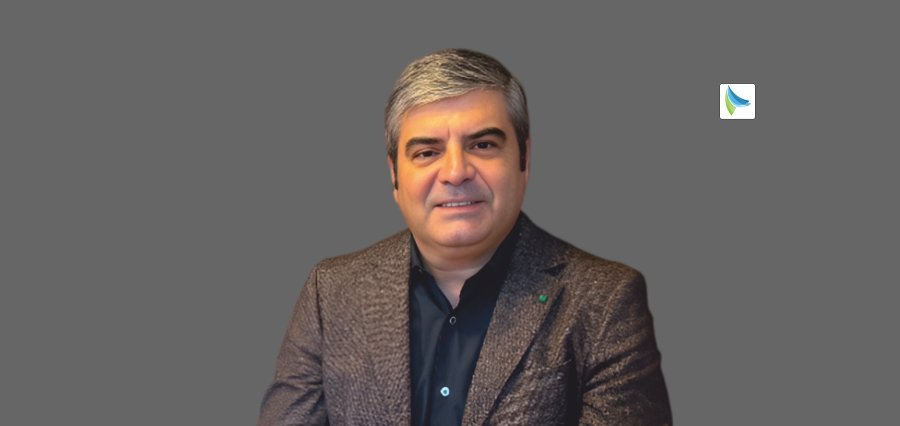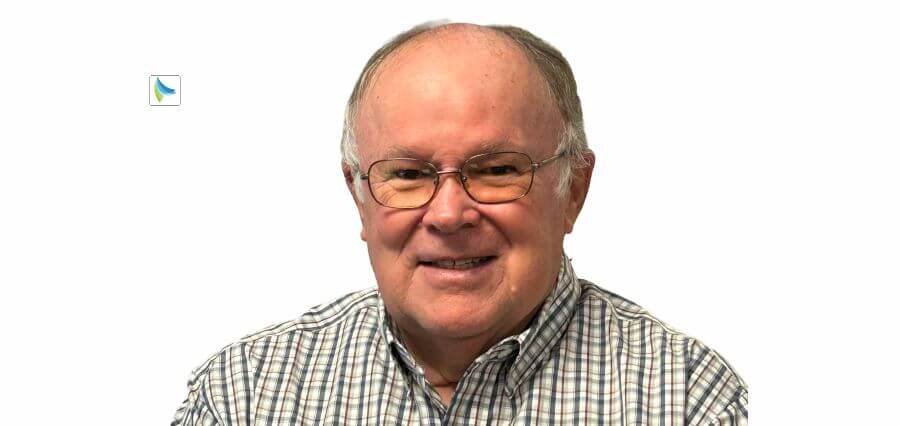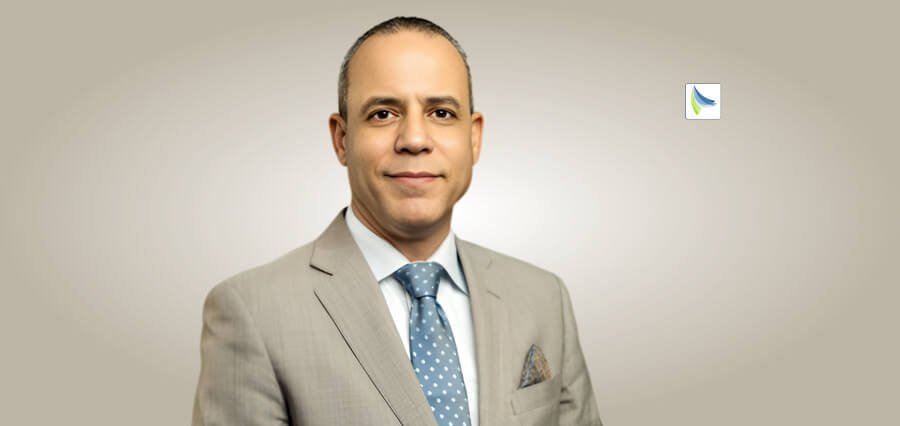For over five decades, the world of education and operations research has been quietly yet powerfully shaped by one man—Dr. Richard Larson. An extraordinary educator, engineer, and visionary, Larson is not merely a professor; he is a symbol of academic resilience, intellectual curiosity, and lifelong commitment to mentorship. At the Massachusetts Institute of Technology (MIT), he has taught across five different academic departments, guided students through complex ideas, and developed systems that have significantly impacted public policy, logistics, disaster planning, and education.
Dr. Larson’s journey from a curious child in Queens, New York, to a revered thought leader in operations research reveals how education, when combined with purpose, can shape not only careers but also global systems. Known as the “unseen architect” behind many educational and operational innovations, Richard Larson has co-authored six books and over 175 scientific articles—each echoing his deep understanding of how systems work and how they can be improved to serve humanity better.
This article chronicles the remarkable legacy of Professor Richard Larson, drawing from his reflections, accolades, and philosophies. It brings to light how his unconventional thinking, empathy-driven teaching, and pioneering research have changed the educational landscape—and continue to influence a generation of critical thinkers and future leaders.
Education: The Ultimate Investment
Richard Larson has always believed that education is not merely a necessity—it is humanity’s most powerful investment. In his words, it is the “breathtaking ladder from one place upwards that lands on wonderful new destinations.” He argues that education, unlike any physical asset, is immune to theft and decay. It is the one asset no one can take away from you.
According to Dr. Larson, education plays a pivotal role in reducing gender inequality, enhancing employment opportunities, and improving quality of life. However, the real transformation occurs when education is paired with the right guidance and mentorship. He has spent 55 years doing just that—ensuring that learners, irrespective of their background, receive the guidance they need to excel.
As a libertarian-leaning educator, Larson avoided becoming a traditional physicist because he did not want to be confined to a single academic silo. Instead, he envisioned a career spanning diverse disciplines—one where teaching, advising, and solving real-world problems could be beautifully intertwined. His career, built on this foundation, has made him a legend among both peers and students.
From Bayside Queens to MIT: A Journey of Discovery
Born in 1943 in Bayside Queens, New York, Richard Larson’s early life was marked by curiosity and an unrelenting desire to learn. After brief stints in Pennsylvania and New Jersey, his academic trajectory began to crystallize when he attended Needham High School in Massachusetts. With MIT just a 30-minute drive away, the institute seemed both near and yet unattainably prestigious—until it wasn’t.
Larson recounts how he received his acceptance letter from MIT and thought it was a mistake. Convinced it was a clerical error, he hesitated to celebrate. It wasn’t until MIT reassured him—explaining that many high-achieving students experience this “Groucho Marx Syndrome”—that he realized his potential was not only recognized but deeply valued.
He went on to earn his Bachelor’s, Master’s, and Ph.D. degrees in electrical engineering from MIT. It was here that he fell in love with systems thinking and operations research—fields that would define his legacy. But even as he rose academically, Larson remained committed to keeping his work student-focused and rooted in societal impact.
A Multifaceted Career at MIT
Throughout his career, Richard Larson taught in five different academic departments at MIT, reflecting his deep interdisciplinary mindset. He started in Electrical Engineering and eventually became a key part of the Institute for Data, Systems, and Society (IDSS). This inter-departmental mobility was more than academic versatility—it was a conscious rejection of rigid academic silos.
Larson’s teaching style is a blend of structured learning and philosophical inquiry. He has always prioritized student engagement over curriculum rigidity. Operations Research (OR), in particular, has been his favorite area to teach. He describes OR as “the world’s most important invisible profession,” underpinning everything from airport scheduling to healthcare logistics.
To him, teaching is not about rote memorization or grade pressure. It’s about instilling the joy of problem-solving, the thrill of curiosity, and the ethics of social contribution. These values were exemplified when a struggling student once approached him, ready to quit. Richard Larson took the time to understand the student’s struggles and, through mentorship, helped him transform into an ‘A’ grade performer.
Championing Real-World Impact
Richard Larson’s work extends well beyond classroom walls. His contributions to operations research have shaped public policy, pandemic responses, and disaster planning strategies. From modeling vaccine distribution during the H1N1 crisis to designing smarter urban service systems, his research has been both theoretical and action-oriented.
He served as the President of the Operations Research Society of America (ORSA) and later the Institute for Operations Research and the Management Sciences (INFORMS). Under his leadership, these institutions flourished in their mission to apply analytical methods for societal benefit.
Additionally, he co-directed MIT’s Operations Research Center for over 15 years, mentoring countless graduate students. His role as Principal Investigator for the BLOSSOMS Initiative—a global program that leverages video-based lessons to improve STEM education—highlighted his passion for democratizing learning.
Defining Visionary Leadership in Education
When asked about visionary leadership, Richard Larson defines it as the ability to cultivate model citizens and lifelong critical thinkers. A visionary educator, he asserts, does not encourage blind conformity. Instead, they empower students to challenge the norm, ask difficult questions, and pursue knowledge with fearless independence.
He admires those who venture into uncharted territories—students and educators alike—because such people become the architects of change. His philosophy echoes through every lecture, paper, and initiative he’s spearheaded. His vision for education is inclusive, bold, and deeply humanitarian.
Awards, Recognition, and Humility
Despite his towering achievements, Richard Larson remains profoundly humble. His first book, Urban Police Patrol Analysis (MIT Press, 1972), won the prestigious Lanchester Award. His co-authored papers—on topics ranging from pandemic modeling to STEM workforce analysis—have garnered top awards in publications like Value in Health.
In 2015, he was honored with the Lawrence M. Klein Award by the U.S. Department of Labor and featured in the New York Times. Yet, for Richard Larson, accolades are secondary to impact. What matters more is how his work has empowered students and influenced systems for the better.
A Legacy Rooted in Mentorship
Richard Larson wishes to be remembered not just as an academic but as someone who loved his work—who treated teaching not as a profession, but as a lifelong passion. He hopes his legacy lives through his students, many of whom now hold leadership roles in academia, industry, and public service.
He sees himself as a facilitator of growth, a contributor to the OR profession, and a mentor who continually added value—not for personal gain but for collective advancement. His journey is a powerful reminder that the true measure of success is not how much you achieve, but how many lives you uplift along the way.
Final Reflections: The Teacher Who Changed the System
Dr. Richard Larson’s story is one of dedication, disruption, and deep compassion. He didn’t merely teach operations research—he transformed it into a tool for solving the world’s biggest challenges. He didn’t just advise students—he inspired them to become better thinkers, better citizens, and better humans.
From a modest upbringing to an illustrious academic career at MIT, Richard Larson has lived the values he teaches: resilience, integrity, and curiosity. He has changed the way education is perceived, taught, and practiced. His is a legacy not just of publications and awards—but of minds shaped and futures changed.
As he continues to explore new ideas and mentor the next generation, one thing remains certain—Richard Larson is more than an educator. He is an institution unto himself, quietly transforming lives one lesson at a time.














